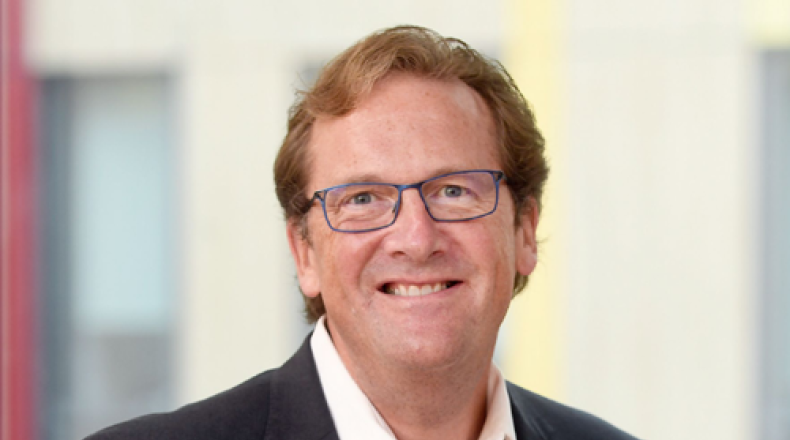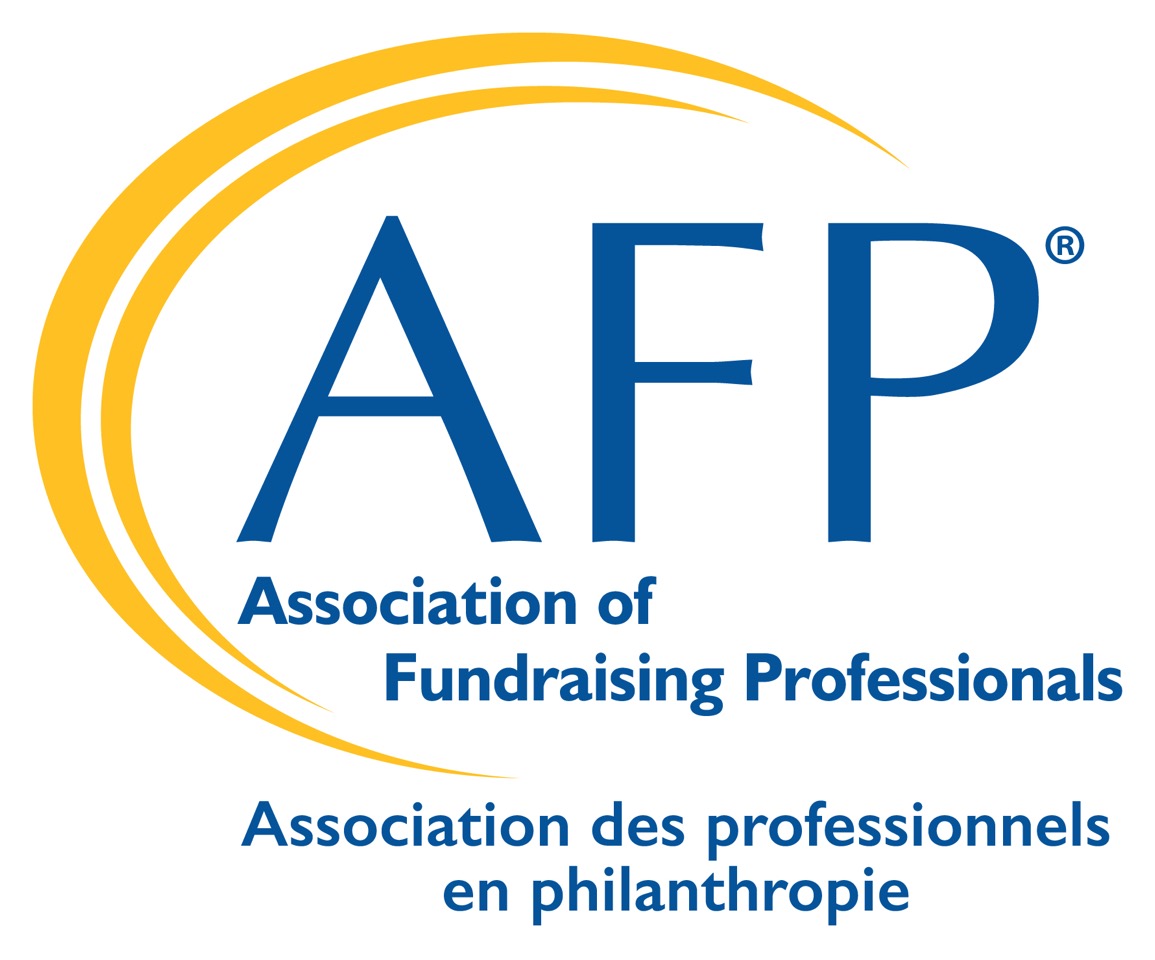Ken Mayhew Reflects on His Time as Chair of AFP Canada: An Element of Activism

Ken Mayhew is probably one of the best-known fund development professionals in Canada. He spent more than 20 years as the chief development officer at Multiple Sclerosis Canada, where he designed and rolled out some of the most innovative fundraising programs in the country. For the past 11 years, he’s been the president and CEO of the William Osler Health System Foundation, serving 1.3 million people living in the Brampton and Etobicoke region of Ontario. Throughout his career, he has been actively engaged in AFP. He is a past president of the AFP Greater Toronto chapter, a founding director of AFP Canada and was chair of its communications committee. For the past two years, he has been serving Canada as chair of the AFP Canada board of directors. As his term comes to end, we touched base with Ken to reflect on his observations in a time of unprecedented change and challenge.
Being the head of a national organization is a major achievement in anyone’s books. What did that feel like for you personally? What was the growth trajectory for you both personally and professionally in this role?
I feel grateful for the many who helped with what was certainly a steep climb for me. As we discussed when I started my term as chair, my intent was to lift the voice and mobilize the experience of AFP members, and I have done my best to do that. That said, I could not have anticipated the context in which I would serve in this role—largely virtual, amidst concurrent pandemics and with so much change and loss in our lives, in our communities and in our sector. As Leah Eustace, ACFRE, puts it, our moral identity—our core being—has been challenged, and while we do not know what is next, we all know that we are not coming out of these past two years as we went into them. Through reading, reflection, a lot of listening, and the patience and counsel of many, I feel I grew into the role.
What were your goals when you set out at the beginning of your term, two years ago?
My goals were to increase the profile and credibility of AFP Canada within and outside of AFP. To do so we needed a short list of priorities developed by AFP leaders and actioned by a diverse community of members from all levels and backgrounds. In that regard, I think we have been successful.
Membership organizations are evolving rapidly, and many are becoming less relevant. McKinley Advisors note that association members no longer join as a "feel good" thing but instead expect an ROI, and for their association to take a stand—to have an element of activism. And while we must and will do more, I believe we did that (albeit imperfectly) to an unprecedented level and our membership numbers and retention rates reflect that relevance. AFP in Canada (21 chapters, the AFP Foundation for Philanthropy – Canada and AFP Canada) is a work in progress and always will be, but our share of total AFP Global membership has grown from 8% to 12% in the past two years.
Specifically, after an IDEA-informed review, we revised the Narrative for Canadian Fundraising and Fundraising is Awesome, and developed numerous responses to sector and media issues, including responding to a recent MoneySense article promoting a charity ranking. On a sector level, we have fostered unprecedented relationships with other nonprofit organizations and elected government officials from coast to coast. We have tackled inequitable funding issues, disbursement quota problems and systemic issues within our sector itself.
Do you feel you’ve achieved your goals?
Partially. I think our recent push for a secretariat for the charitable sector in government and the numerous meetings conducted by so many chapter members with Members of Parliament is an example of something that we would not have done as effectively a few years ago. The toolkit, the training, the organization, and the retention of strategic council all enabled us to provide support to the AFP leaders who joined us in this work, and together we were far more effective in our efforts.
Did the wealth inequity and racial injustice, as well as the process of Truth and Reconciliation change the way you viewed your job?
Profoundly and on a personal level. Last year, AFP Canada took a good look at itself and what it stood for and where we need to do more through deeds instead of just words. Many of us have had blind spots on Truth and Reconciliation and the colonial elements of the fundraising profession. I am grateful and grew so much through the extremely thoughtful work led by Jennifer Johnstone and Susan Storey, CFRE, and their Truth and Reconciliation working group. As a board we have developed an IDEA (inclusion, diversity, equity, access) Policy to make sure we are living our IDEA and Truth and Reconciliation commitments, and we’ve also developed board norms of behaviours to serve as guidance to ensure all voices feel welcome and heard. That said, I have much to learn, and I acknowledge that I have numerous dimensions of unearned privilege, so I try to listen more and say less.
What’s your experience of the difference about being the chair of a board as opposed to being “just” a board member?
Being chair is more applied. It’s hands on without being hands in. At AFP Canada we have a very small amount of staff resources, so through goal setting and check-ins, I have tried to focus our aspirations into outputs with tangible benefit to our members and our sector.
What do you think are the biggest issues facing fundraisers today?
I think a lot about the issues AFP members face both at work and with their lives and families outside of work. Maintaining the passion to shine a light on things that need to change cannot be sustained without self-care. I have struggled personally in this context, working in one of the hardest hit pandemic communities in the country.
Compassion fatigue, burnout, imposter syndrome are all real things, and it is important that you look after yourself. I believe together we will continue to find a way to do the work that cannot happen without fundraising.
Lightening round
Your biggest takeaway from the experience?
AFP’s greatest strength is the wisdom, engagement and passion of its members and leading AFP Canada has been such an inspiring and challenging opportunity to lift up that voice.
Any regrets in your term?
I feel, especially initially, that my lived experience meant it took me longer to hear what was being said to me than I would have liked.
One lesson learned.
Very difficult things can be accomplished on a collective foundation of respect and kindness.
A line of advice for your successor?
As I heard Niambi Martin-John tell a group of us at an AFP event, and I share this with permission, “Be committed to simultaneously learning and unlearning”.
Anything you’d like to say to the members of AFP?
Push. Continue to create the change needed within and outside of our sector through both what you do, and more importantly, how you do it.


